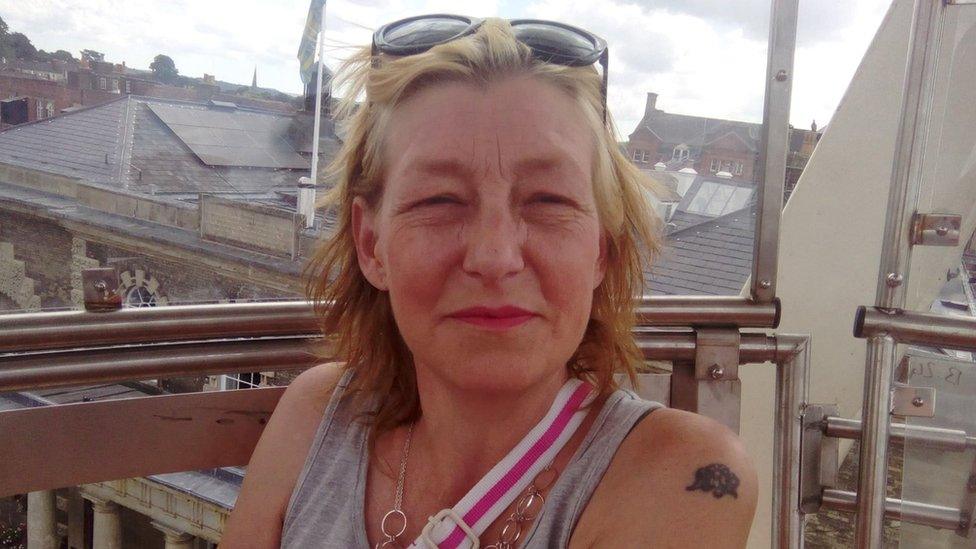Dawn Sturgess: 'Rigorous' inquiry into Novichok death
- Published
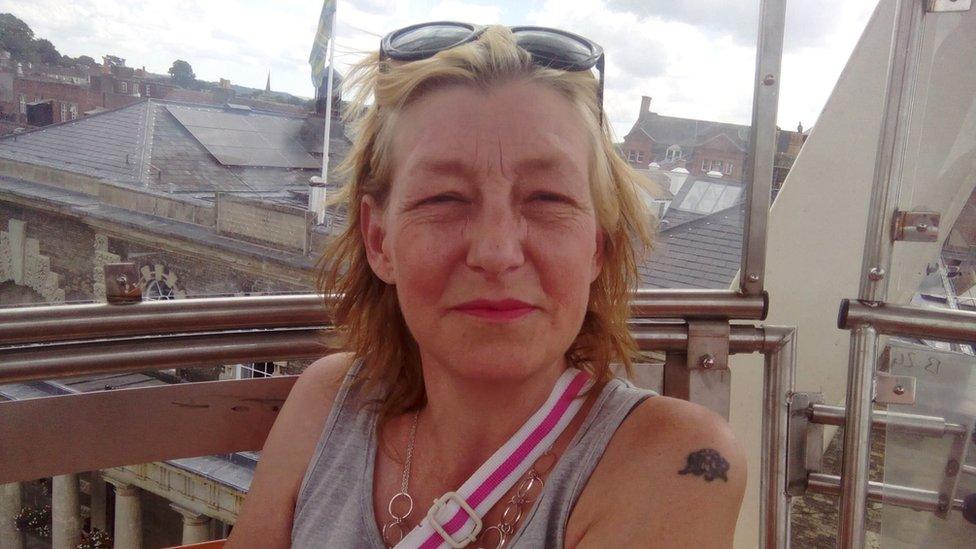
Mother-of-three Dawn Sturgess died after coming into contact with the Russian nerve agent Novichok
The chairman of a public inquiry has promised a "rigorous investigation" of potential Russian involvement in the death of Novichok victim Dawn Sturgess.
Ms Sturgess, 44, died in July 2018 in Amesbury, Wiltshire, after coming into contact with the nerve agent in what she thought was a bottle of perfume.
Lord Hughes, who will head the inquiry, said recent world events highlighted the importance of "clear conclusions".
A preliminary hearing was held earlier at the Royal Courts of Justice.
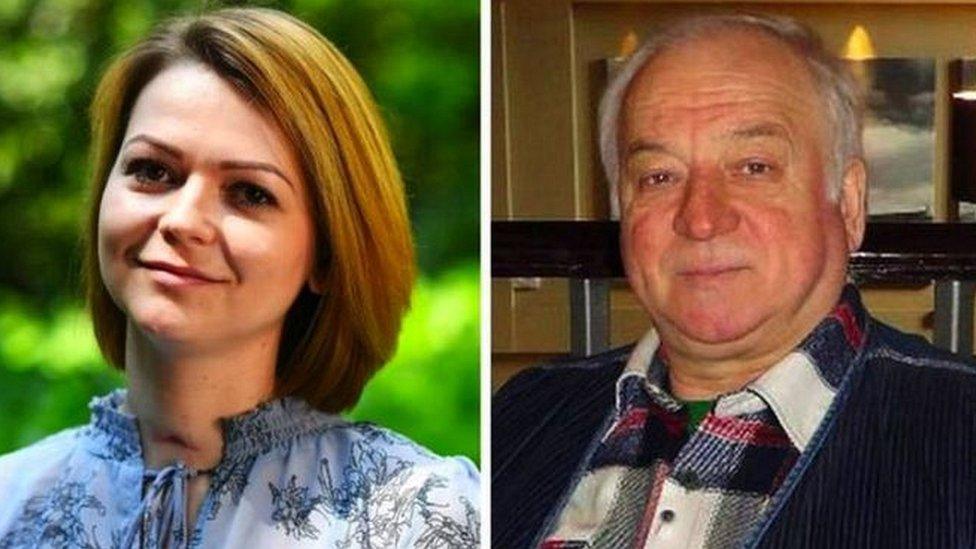
The deadly solution was smeared on the door handle of Sergei and Yulia Skripal's home in Salisbury
The public inquiry itself is scheduled to begin next year.
Ms Sturgess died in hospital on 8 July 2018 after she was exposed to Novichok that had been stored in a discarded perfume bottle found by her boyfriend Charlie Rowley and given to her as a gift.
The previous inquest into her death was converted into a public inquiry to allow it to have access to top secret intelligence which will be considered in private.
Lord Hughes told the preliminary hearing that the inquiry would deal with "wide-ranging matters including international politics and complex science" and offered sympathy to Ms Sturgess's family.
"We must not lose sight of the fact that at its heart is the death of a woman who had no international or security life," he said.
"She was dearly loved and must, I am sure, be much missed by her family and friends."
Ms Sturgess's family and her partner Mr Rowley will be represented by barristers at the inquiry, along with Sergei and Yulia Skripal, the original targets of what police believe was a Russian hit squad in Salisbury.
The substance was smeared on Mr Skripal's door handle on 4 March 2018, at his home in Salisbury, eight miles from Amesbury.
Mr Skripal, his daughter Yulia and Mr Rowley survived their exposure to the solution.
Operation Verbasco, a combined investigation involving both the Metropolitan and Thames Valley police forces, has produced much of the evidence in the case.
This investigation led to two Russian men, Alexander Petrov and Ruslan Boshirov, being named as prime suspects in the poisoning, alongside a third man Denis Sergeev, who is believed to have helped them.
The men were offered the opportunity to be represented at the previous inquest but have not responded.
An inquiry barrister has been asked to ensure that the evidence against them is "fully tested" to ensure the proceedings are fair.
Lord Hughes said: "The accusations have been made very publicly.
"An inquiry like this does not conduct a trial. It can't convict anybody of anything but it will be necessary, as I see it, to decide whether the facts alleged are proved or not."
Government barrister Cathryn McGahey told the inquiry that intelligence staff are under considerable pressure and "cannot afford to make mistakes".
As a result, the government said it would not be able to deliver the first stage of evidence disclosure by April, as requested by the inquiry.
It hoped to deliver it by June, which could delay the first hearings due to take place next year.

Follow BBC West on Facebook, external, Twitter, external and Instagram, external. Send your story ideas to: bristol@bbc.co.uk , external
- Published1 March 2022
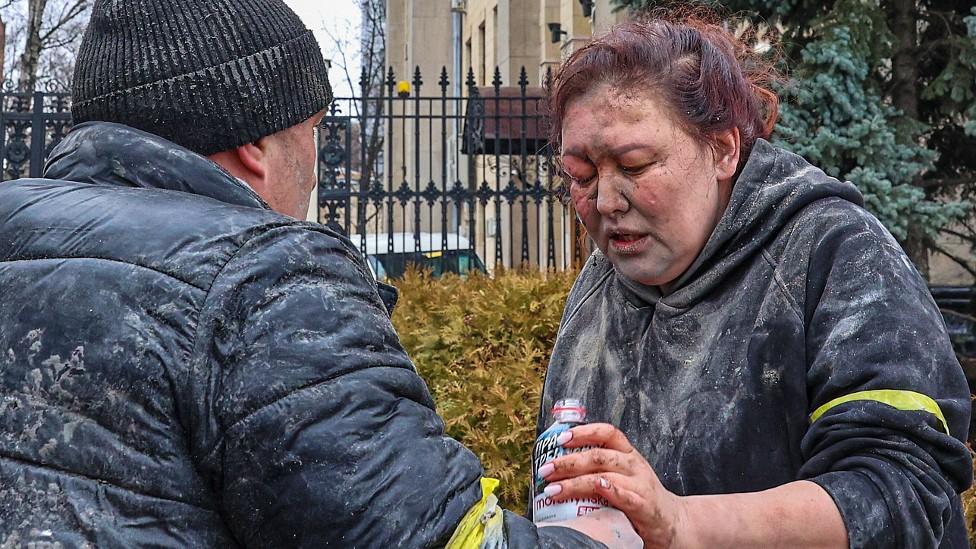
- Published18 November 2021
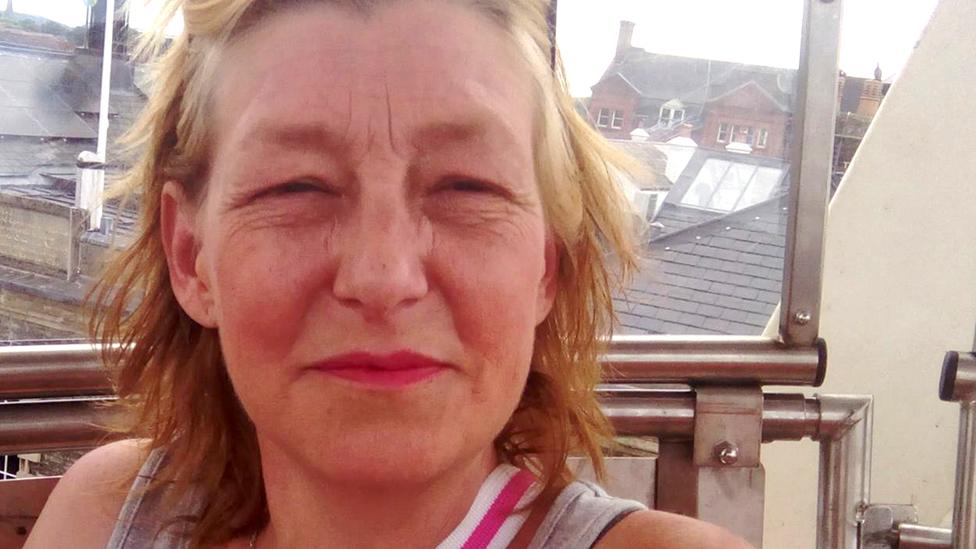
- Published23 September 2021
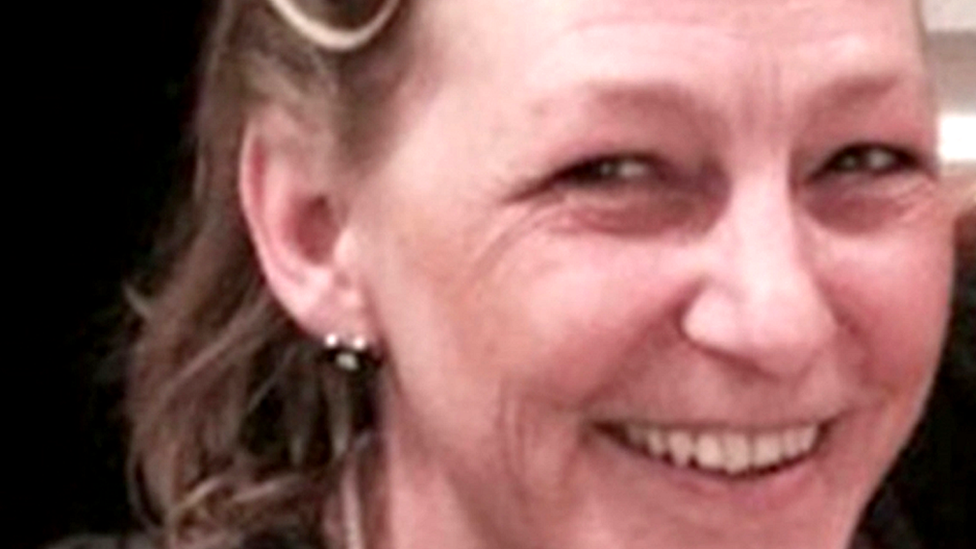
- Published10 March 2022
